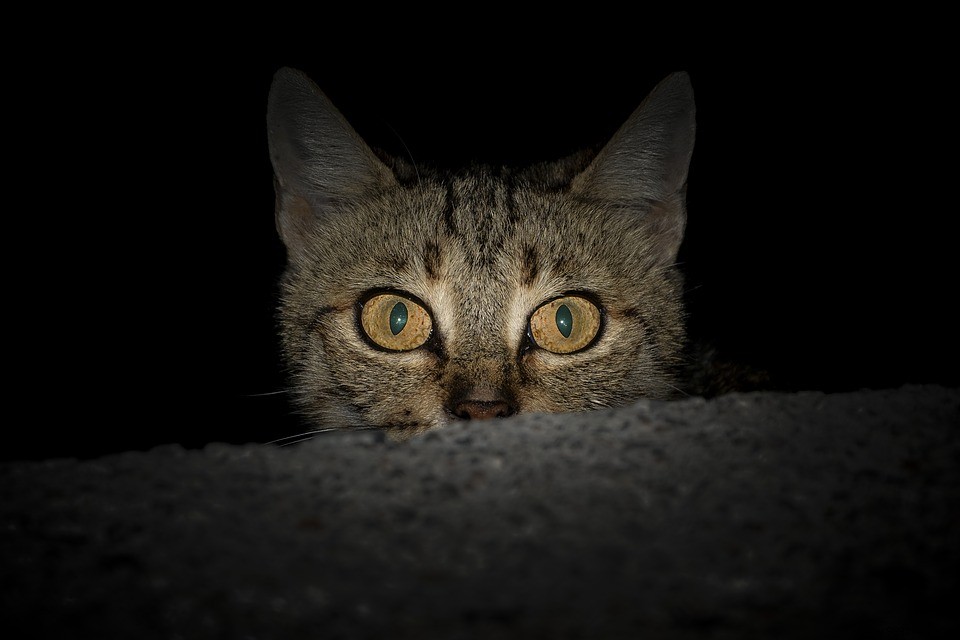Depending on whether you are a night owl or an early riser, the pace of life can have an effect on productivity. Indeed, the functioning of the body influences the activity of people during the day.
Humans all have their own internal clock, set to a very particular rhythm. This is the circadian rhythm, a biological rhythm with a period of about 24 hours. Such biological rhythms exist in all living beings – bacteria included – and are manifested by cyclical variations in a large number of physiological parameters (metabolic activity, hormone secretion). In humans, we also know that daily activities and sunlight contribute to the adjustment of this circadian rhythm.
You should know that depending on their internal clock and their genetics, individuals develop their own chronotype . However, this chronotype determines their sleep rhythm. People to be classified in morning chronotypes go to bed and get up early. As soon as they wake up, their attention is there, as is their capacity to be productive. In the case of diurnal chronotypes, they go to bed later and take longer to emerge on waking.
Finally, let's mention the nocturnal chronotypes, characterizing individuals who go to bed very late and enjoy sleeping in. Upon awakening, these people are in a fog until the evening during which there is an energy boost . These nocturnal chronotypes are more prone to heart disease, diabetes and the like. The reason lies partly in a poorer lifestyle and less physical activity.

Conclusions regarding the influence of chronotypes are often approximate. Indeed, these are based on the statements of interviewees. However, the study published in the Scandinavian Journal of Medicine &Science in Sports June 19, 2020 brings a real scientific answer. Researchers from Oulu University (Finland) interviewed and followed 6,000 people for two weeks . The goal? Understand their way of life.
According to the results, "morning" people have more physical activity than others. This is the equivalent of 30 more minutes of exercise per day (20 for females) compared to nocturnal individuals. This could be correlated in particular with the renewed energy of night shifts during the evening, a time during which sports facilities are generally closed.
Thus, the nocturnal organization works offbeat so they have to struggle to find a balance in their sleep. In general, and this is no coincidence, nocturnal workers are more tired than others and therefore less productive.